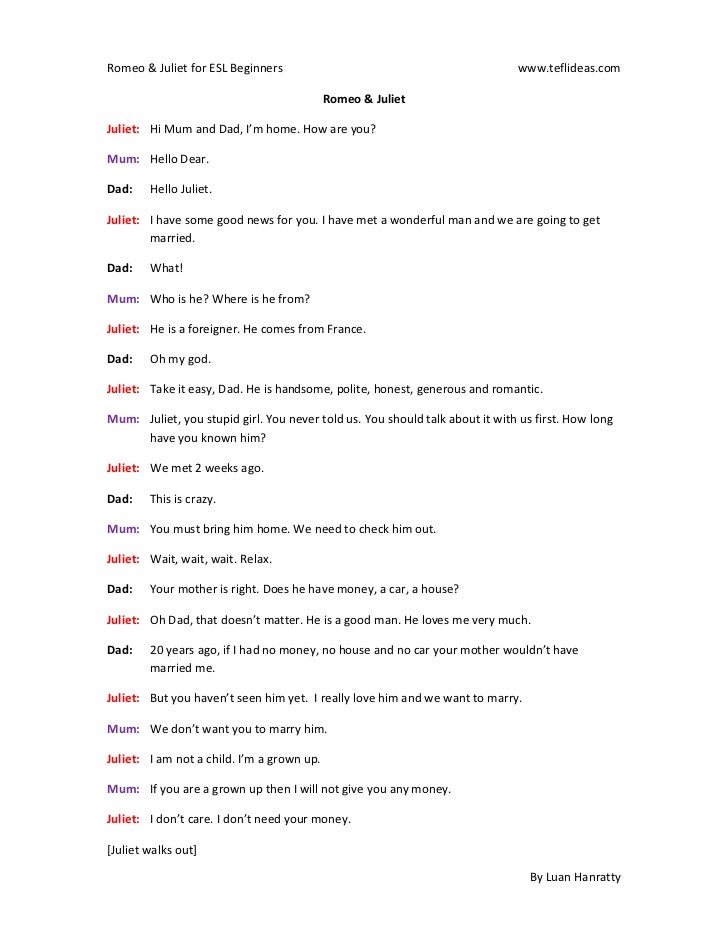

Those plot-twisty reshufflings of writers, directors, lead actors. Shakespeare in Love-a whimsical imagining of the events that led to the writing of Romeo and Juliet-is remembered, today, as much for the stories that played out on its periphery as for the one it put on the screen: those controversial Oscar wins. Google’s release of Bard, as it happens, coincides with the 25th anniversary of the film that considered the origins of the great poet’s elevation. The early modern poet has achieved that consummately postmodern strain of transcendence. His words double as incantations, invoked to confer legitimacy and a sheen of artistry on any he that utters them. Shakespeare is, at this point, his own kind of marketing message.


As a specific one, it summons one of the most famous avatars of that art: William Shakespeare. Earlier this year, Google introduced a chat application powered by artificial intelligence-an experimental competitor to ChatGPT and a tool that it hoped, per its marketing copy, would “be a home for your creativity, productivity and curiosity.” Understanding that some potential users might be less sanguine about a technology that blurs the line between the augmentation of human intelligence and the obsolescence of it, Google gave its new bot a canny name: Bard.Īs a general term, “Bard” suggests the lyric capabilities, and the latent wisdom, of the human mind.


 0 kommentar(er)
0 kommentar(er)
